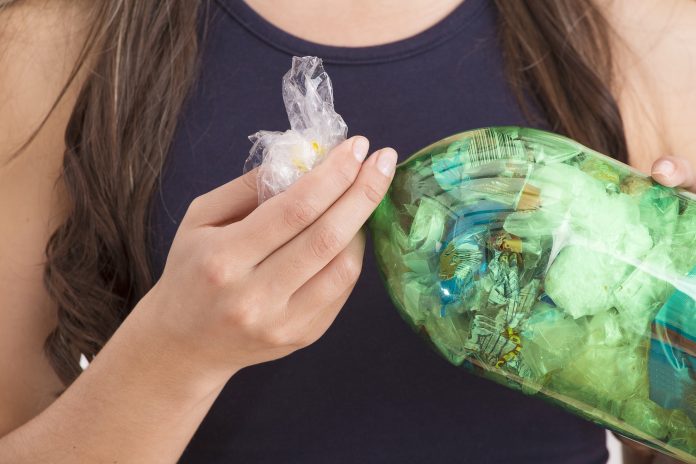Here, we talk to James Dutton, CEO and founder of PATCH, to find out why reducing unnecessary plastic waste is so important, and how consumers can get started on their plastic-free journey this July
“Plastic pollution is a global problem that needs urgent action across the globe. Unfortunately, a lot of people don’t realise the amount of waste that small, everyday products can create – and I’m talking about looking beyond the straws and plastic bags that seem like the obvious culprits.
“It was only once my son suffered an adverse reaction to common plaster adhesive, that I began researching alternatives and uncovered the amount of waste that was being generated annually through the first-aid industry. Traditional plasters (including current hypoallergenic and fabric varieties) contain plastic micro-fibres that take decades to break down, and there was simply no other alternative out there.
“I’ve travelled a lot over the last few years and it’s exposed me to a lot of pretty shocking effects we’ve had on the environment. Realising this, and the extent of plastic waste building up in our oceans and landfill as a result, I knew I had to create a solution that was not only hypoallergic but compostable too. Living ‘zero waste’ can sometimes be an overwhelming prospect, and people need to know that effective and simple solutions really don’t have to be as hard as you think.
“One of the best ways to understand and appreciate the damage that waste can have on the environment is to research examples that you can envision. For instance, that plasters alone create enough waste in a year to wrap around the earth 51 times a year! Once you can visualise the effect that single-use plastic is having on the world, it becomes easier to switch to more sustainable alternatives – for example, using compostable plasters, drinking from metal straws or buying a reusable canvas bag for groceries.
“Simple habits, such as recycling, being mindful to conserve energy, minimising use of unsustainable materials, and shopping consciously can all make a huge difference – and doesn’t cost the earth.
Compostable packaging
“Another easy way consumers can cut their plastic waste is by looking out for products with compostable packaging. For example, PATCH’s packaging is 100% compostable, so once consumers have finished using the product, they can simply place it in their home compost and see it decompose within 10 weeks.
Zero-waste stores
“There is now plenty of ways to reduce your packaging waste even further, such as shopping from a zero-waste store or using a refillable container to stock up on cupboard essentials, such as pasta, rice, and cereal. Along with cutting down your shopping bill, this can also help to put an end to the environmental costs required for manufacturing and disposing of plastic packaging. Alternatively, why not opt for solid forms of products that would usually be wrapped in plastic – such as shampoo and soap bars? Not only are these kinder for the planet, many people are also surprised to find these products often save money due to lasting up to three times longer than regular bottled products.
COVID-19
“Unfortunately, since the outbreak of COVID-19, many concerns around sustainability have been put on the back burner. Certain policies aimed at reducing plastic waste have been put temporarily on pause – for instance, the UK has delayed its ban on plastic straws and stirrers by six months – while consumers have felt more pressure to use single-use items to prevent cross-contamination.
“It’s our responsibility as consumers to vote with our dollar, as large-scale industry changes are a result of a collective want demand. That being said, don’t put too much pressure on yourself to exceed your sustainability expectations, and just go one step at a time. Once you shift your mindset to have zero-waste as the goal and that every small change helps to realise this, the rest falls into place”.
Plastic Free July
Plastic Free July is a global initiative, which aims to raise awareness of how single-use plastic impacts the environment and encourage consumers to consider ways they can cut down on plastic waste in their everyday lives – so that eventually, the world might be plastic free.











